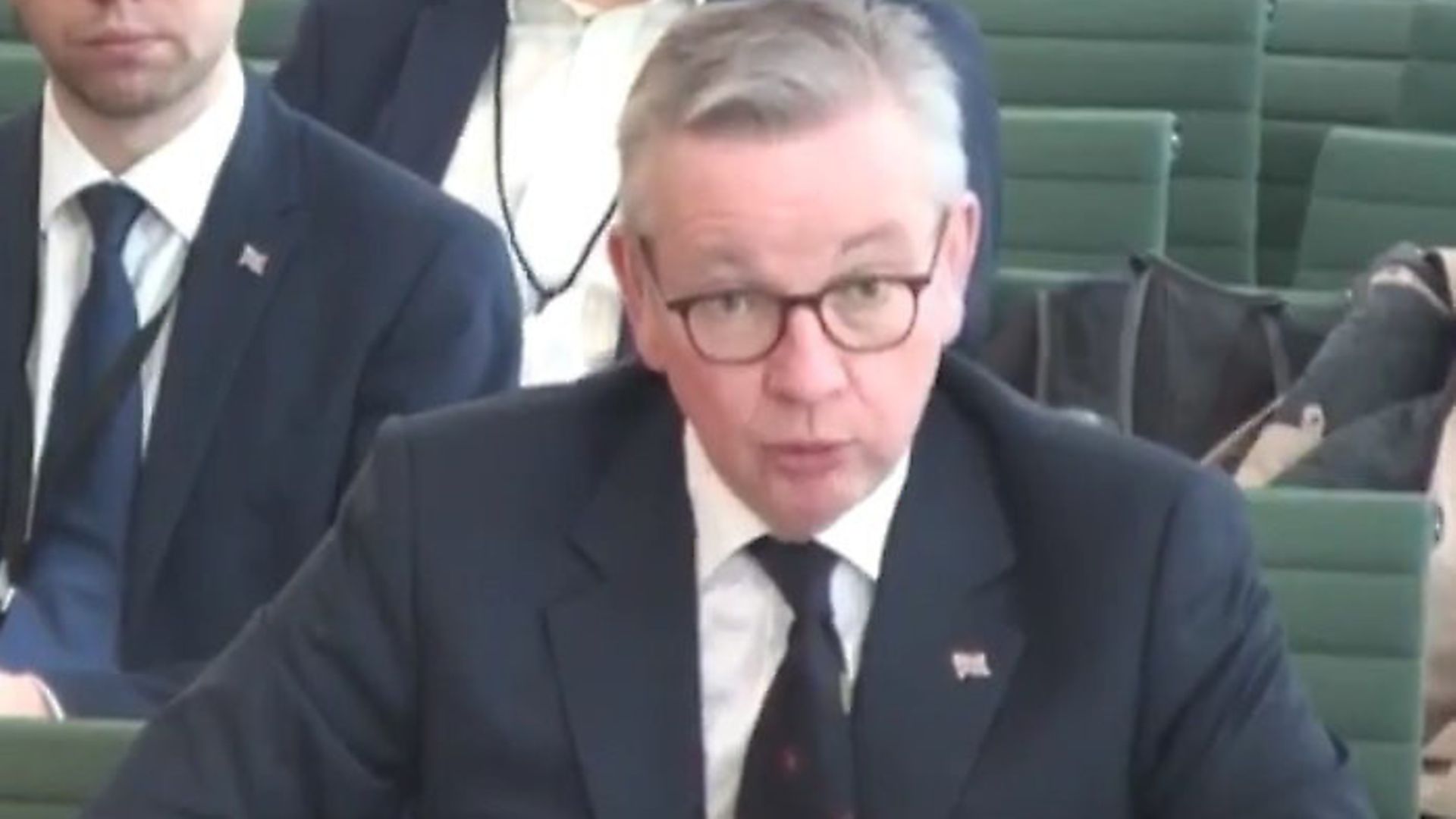
The government has finally admitted the next round of talks between the UK and EU over Brexit could be shelved due to the spread of coronavirus.
Appearing in front of a House of Commons committee, minister Michael Gove admitted it was an on-going concern, but said he remained optimistic progress could still be made by June.
He said: ‘It is a live question … We have had indications today from Belgium that there may be specific public health concerns.’
But the minister refused to commit to extending the time period allocated for trade talks.
He continued: ‘We are in a position of having left, the question is now whether we have an Australian-style or a Canada-style relationship with the EU, and that will depend on what the EU’s response is.
Have your say
Send your letters for publication to The New European by emailing letters@theneweuropean.co.uk and pick up an edition each Thursday for more comment and analysis. Find your nearest stockist here or subscribe to a print or digital edition for just £13. You can also join our readers' Facebook group to keep the discussion and debate going with thousands of fellow pro-Europeans.
‘But we’ve left, the prime minister has been very clear that we are not going to extend the transition period.
‘The course is set and I think it would be foolish for anyone to imagine that the prime minister is not going to stick to that timetable.
‘I think people underestimate that at their peril.’
A spokesman for the European Commission said that the second round of talks were still scheduled to go ahead, but privately officials admit this could change.
Anti-Brexit campaigners said it was now time for the government to reconsider its arbitrary deadlines over talks before the end of the transition period in January.
Best for Britain chief executive Naomi Smith said: ‘The twin challenges of Brexit and coronavirus are a double whammy that will restrict our economy in the short- and medium-term.
‘Our economy is resilient enough to handle one of these shocks, but it cannot cope with two simultaneously. And frankly, it doesn’t need to.
‘The chancellor has already had to change some of his budget plans, so the government could also think afresh about whether it would be sensible to stick so rigidly to its arbitrary deadline for talks in light of the to unprecedented health crisis our country currently faces.’









